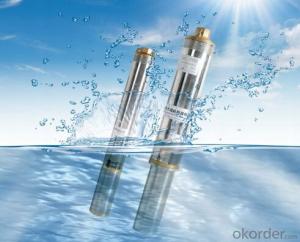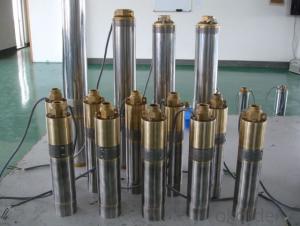Solar Water Pump Centrifugal Pump System 0.65KW for Agricultural Irrigation
- Loading Port:
- Shanghai
- Payment Terms:
- TT OR LC
- Min Order Qty:
- 10 pc
- Supply Capability:
- 1000 pc/month
OKorder Service Pledge
OKorder Financial Service
You Might Also Like
Solar Water Pump Centrifugal Pump System 0.65KW for Agricultural Irrigation
The photovoltaic pumping system is different from the traditional AC pumping system , and the photovoltaic pumping system utilizes solar cells convert solar energy into electric energy , then the photovoltaic pumping inverter drives ac motor for the pump running , and pumping up water from water well , river , lake etc areas and then transport to the destination to satisfy our requests for the water demand .
Photovoltaic arrays adopts solar radiation energy to convert it to electric power ,providing the motive power for the whole system . And the function of the solar pumping inverter is converting the DC power output from PV array to AC power to drive the pump to finalize the water pumping up as well as adjusting the output power real-timely according to the change of sunlight intensity , in this way , the system realizes the max power point tracking and the solar energy can be utilized furthest
The whole system solves the water pumping up requests perfectly , omitting the battery bank and charge controller etc equipments , so it is very economical and environmental . Since they are with the merits of low carbon , energy conversation , environmental protection etc , so they have a broad market foreground and great social value
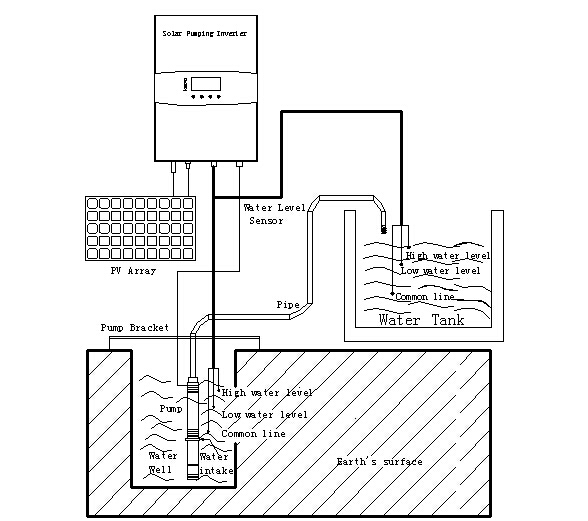
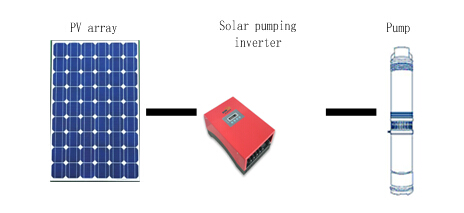
2.2 Application
Agricultural irrigation
Desert manage
Domestic water
Grassland animal husbandry
city waterscape
Island water supply
Landscape and fountain system of municipal engineering , city square , hotels and residence community
2.3 About product
This product is using a high performance digital signal processing chip, can provide solution for solar water pumpingsystem with high cost performance. Solar pumping system as a whole block diagram as shown in 2.
SHP series inverter has the following features:
a. True max power tracking technology (TMPPT) with our own intellectual property; effectively improve the use ratio of PV array. The stable tracking efficiency can reach 99.2% , Solving the problem of bad tracking efficiency and running unstability under the situation of sunlight intensity quick change when comparing with the traditional MPPT method .
b. Adopt efficient IPM power module from Mitsubishi Company with high reliability.
c. With the function of high and low water level detection , high safety factor.
d. Automatic anti-drying protection function , with multi-protection for motor
e. Multi-language LCD display , easy for operation , very user-friendly
f. The independent developed principal computer with our own intellectual properties , remote monitoring is available
g. Modular design , direct plug-in terminal , good-looking appearance, easy for installation , operation and maintenance .
h. Suitable for the pump adopted three phase asynchronous motor
i. Complete digital control , with the function of full automatic running and data storage .
j. Perfect protection system , with the protection function for lighting , over voltage , under voltage , short circuit , over loads , water drain off , low sunlight , over heating etc ,
k. Adopt the complete radiating system , so radiating efficiency is better and the service life is longer
l. Through strict environmental test , adapt the rigorous environment :-10℃~+50℃
m.No impacted mains supply power switch function (optional ), All-weather running available
n. Through strict environmental test , adapt the rigorous environment :-10℃~+50℃
FAQ
1. How fast will my system respond to a power outage?
Our solar inverters typically transfer to battery power in less than 16 milliseconds (less than 1/50th of a second).
2. What kind of batteries do the systems include?
Our solar backup electric systems use special high-quality electric storage batteries.
3. How do I install my system?
A solar backup inverter is connected to a home electric system , we will supply detailed installation manual and videos for our customers .
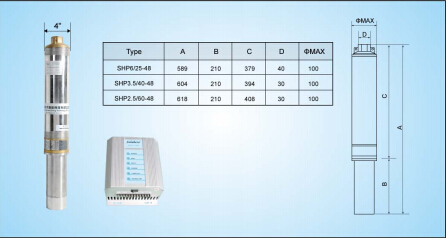
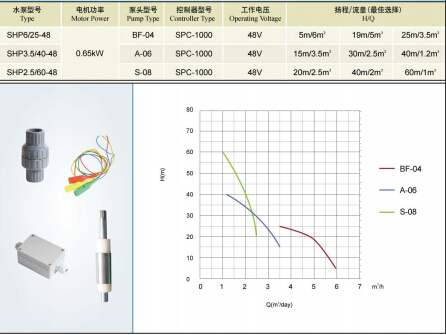
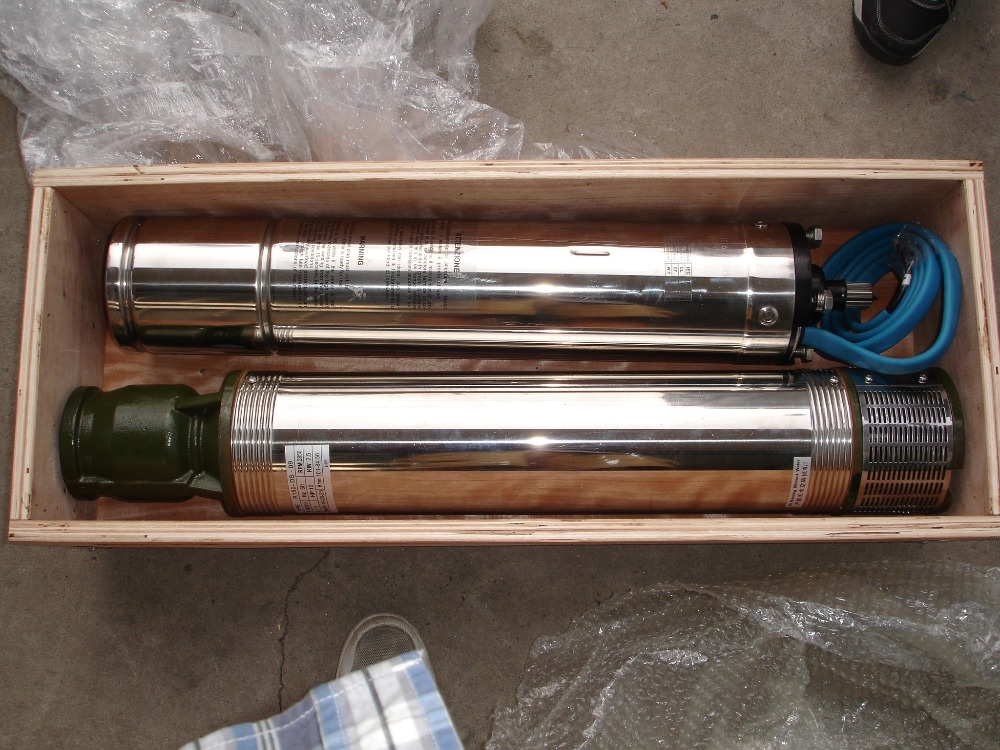
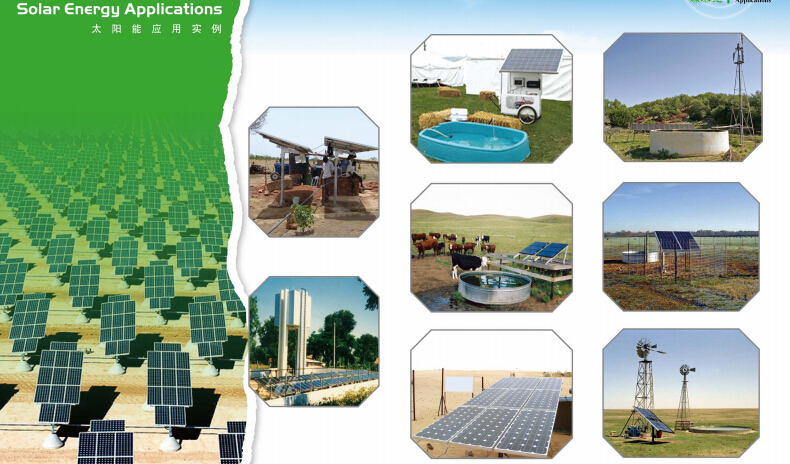
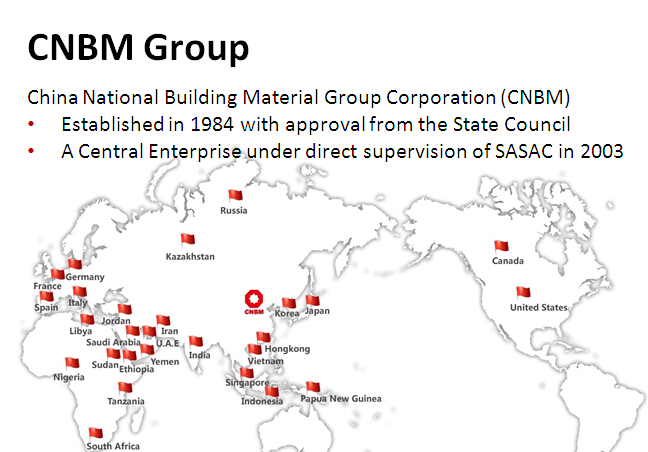



- Q:Can a solar pump be used in cold climates?
- Yes, a solar pump can be used in cold climates. However, its efficiency may be slightly reduced due to lower solar radiation levels during winter months. Nonetheless, with proper insulation and protection against freezing, a solar pump can still be effective in pumping water in cold climates.
- Q:How does a solar pump handle water with high levels of total dissolved solids?
- A solar pump can handle water with high levels of total dissolved solids (TDS) by using a combination of filtration systems and regular maintenance. The pump typically includes a pre-filter that removes larger particles and sediments, while a reverse osmosis (RO) system or a multi-stage filtration process can further purify the water by removing dissolved solids. Regular maintenance, including cleaning or replacing filters, is necessary to ensure the pump continues to effectively handle water with high TDS levels.
- Q:Can a solar pump be used in areas with limited access to water demand?
- Yes, a solar pump can be used in areas with limited access to water demand. Solar pumps are a sustainable and cost-effective solution for pumping water from wells, rivers, or other sources in remote or off-grid locations. As long as there is sufficient sunlight, a solar pump can efficiently provide water for various applications, such as irrigation, livestock watering, or domestic use, even in areas with limited water demand.
- Q:Can a solar pump be integrated with existing water infrastructure?
- It is indeed possible to integrate a solar pump with the current water infrastructure. Solar pumps are designed to be compatible with various types of water infrastructure systems, including irrigation systems, water supply networks, and even household plumbing systems. To integrate the solar pump, the typical process involves connecting it to the existing water infrastructure using pipes, valves, and fittings. By doing so, the solar pump can draw water from existing sources like wells or lakes and distribute it to the desired locations. Moreover, to enhance efficiency in interacting with the current water infrastructure, solar pumps can be equipped with sensors and controllers. These allow for optimization of water flow and pressure. Ultimately, integrating a solar pump with the existing water infrastructure provides a sustainable and cost-effective solution for water pumping, reducing reliance on traditional energy sources.
- Q:Booster pump installed in the solar water heater, the correct location should be where the solar water heater?
- Your pump is what kind of pump did not describe, guess may be the general booster pump, the correct installation location is placed on the upstairs solar water heater on the outlet pipe, for the water pressurized. Shielded pump is no noise,
- Q:How does a solar pump handle water pressure adjustments for different applications?
- A solar pump handles water pressure adjustments for different applications by utilizing a variety of mechanisms. These typically include adjustable pressure switches, pressure regulators, and flow control valves. These components help maintain a consistent water pressure by either increasing or decreasing the pump's speed or altering the flow rate. By adjusting these settings, the solar pump can effectively cater to the specific water pressure requirements of diverse applications.
- Q:How does the availability of sunlight affect the performance of a solar pump?
- The performance of a solar pump is directly impacted by the amount of sunlight available. Solar pumps rely on solar panels to convert sunlight into electricity, which then powers the pump. Therefore, the efficiency and productivity of the pump are determined by the quantity and intensity of sunlight. In regions where sunlight is abundant, the availability of sunlight ensures that the solar panels receive an optimal amount of energy to generate electricity. This leads to higher pump performance as more energy is available to power the pump, resulting in increased water flow rates and pumping capacity. On the other hand, in areas with limited sunlight or frequent cloudy weather, the performance of a solar pump may be negatively affected. The reduced availability of sunlight decreases the amount of energy produced by the solar panels, leading to lower pump performance. This can result in reduced water flow rates, decreased pumping capacity, and potentially inadequate water supply for irrigation, livestock, or other applications. It is important to note that solar pumps often have built-in mechanisms to cope with variations in sunlight availability. They may include energy storage systems, such as batteries, to store excess energy during sunny periods and utilize it during periods of low sunlight. This helps to maintain a more consistent and reliable pump performance even when sunlight is less available. In summary, the availability of sunlight is crucial in determining the performance of a solar pump. Regions with high solar irradiance generally benefit from more efficient and productive solar pumps, while areas with lower sunlight availability may experience reduced pump performance.
- Q:Can a solar pump be used in areas with high salinity in the water?
- Yes, a solar pump can be used in areas with high salinity in the water. Solar pumps are typically designed to handle a wide range of water conditions, including high salinity. However, it is important to select a solar pump that is specifically designed for such conditions or has appropriate features, such as corrosion-resistant materials, to ensure its longevity and efficiency in areas with high salinity water.
- Q:Can solar pumps be used for agricultural irrigation?
- Yes, solar pumps can be used for agricultural irrigation. They are a sustainable and cost-effective alternative to traditional fuel-powered pumps. Solar-powered irrigation systems can help farmers reduce their dependence on fossil fuels, lower operating costs, and increase water efficiency in agricultural practices.
- Q:Can solar pumps be used for water supply in agricultural research or experimental farms?
- Yes, solar pumps can definitely be used for water supply in agricultural research or experimental farms. Solar pumps are well-suited for such applications as they utilize solar energy to power the pumps, eliminating the need for grid electricity and reducing operational costs. They can efficiently pump water from various sources like wells, rivers, or lakes to meet the irrigation needs of crops in research or experimental farms. Additionally, solar pumps are environmentally friendly and sustainable, making them an ideal choice for agricultural research and experimentation.
1. Manufacturer Overview |
|
|---|---|
| Location | |
| Year Established | |
| Annual Output Value | |
| Main Markets | |
| Company Certifications | |
2. Manufacturer Certificates |
|
|---|---|
| a) Certification Name | |
| Range | |
| Reference | |
| Validity Period | |
3. Manufacturer Capability |
|
|---|---|
| a)Trade Capacity | |
| Nearest Port | |
| Export Percentage | |
| No.of Employees in Trade Department | |
| Language Spoken: | |
| b)Factory Information | |
| Factory Size: | |
| No. of Production Lines | |
| Contract Manufacturing | |
| Product Price Range | |
Send your message to us
Solar Water Pump Centrifugal Pump System 0.65KW for Agricultural Irrigation
- Loading Port:
- Shanghai
- Payment Terms:
- TT OR LC
- Min Order Qty:
- 10 pc
- Supply Capability:
- 1000 pc/month
OKorder Service Pledge
OKorder Financial Service
Similar products
New products
Hot products
Hot Searches
Related keywords
